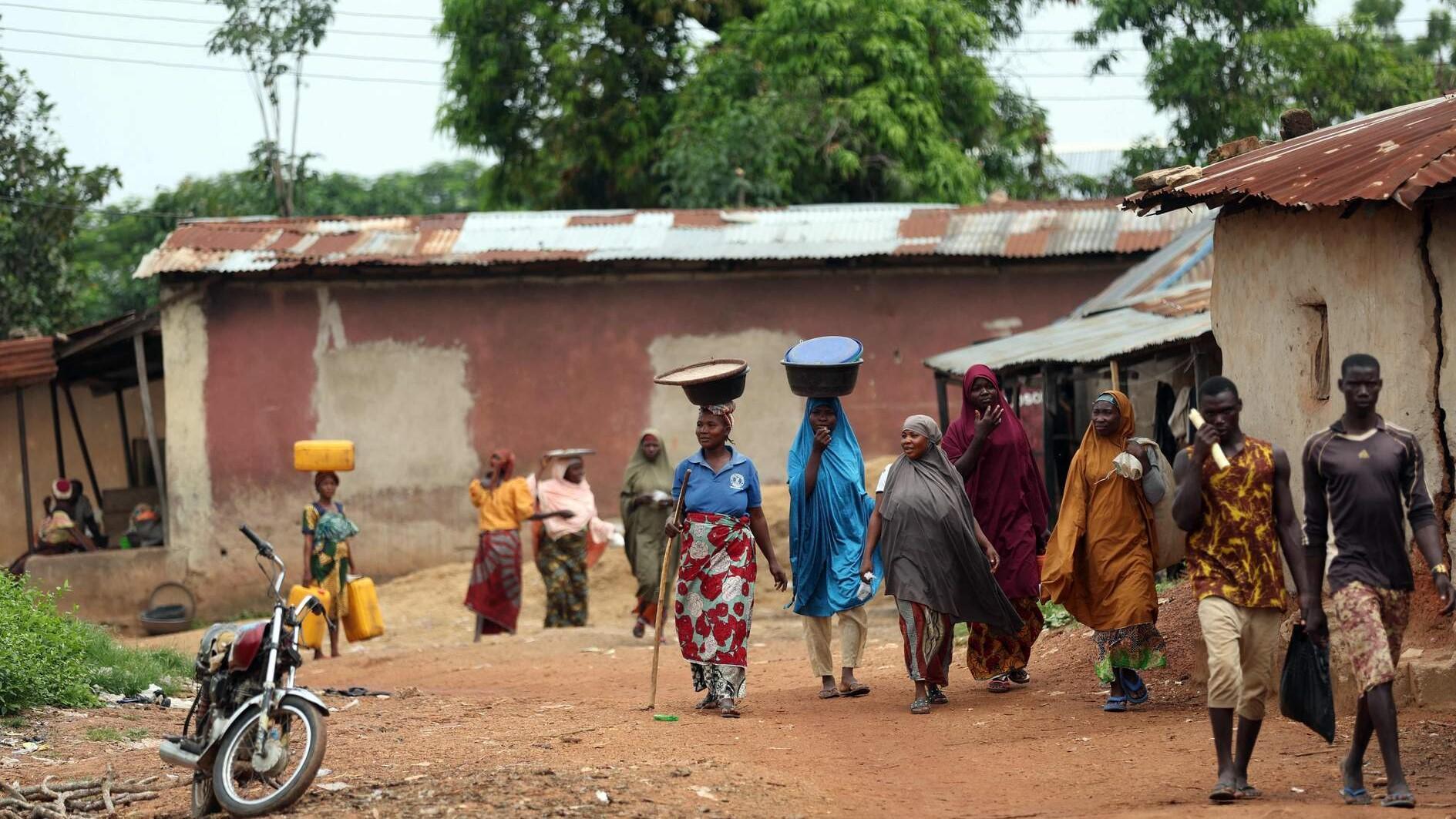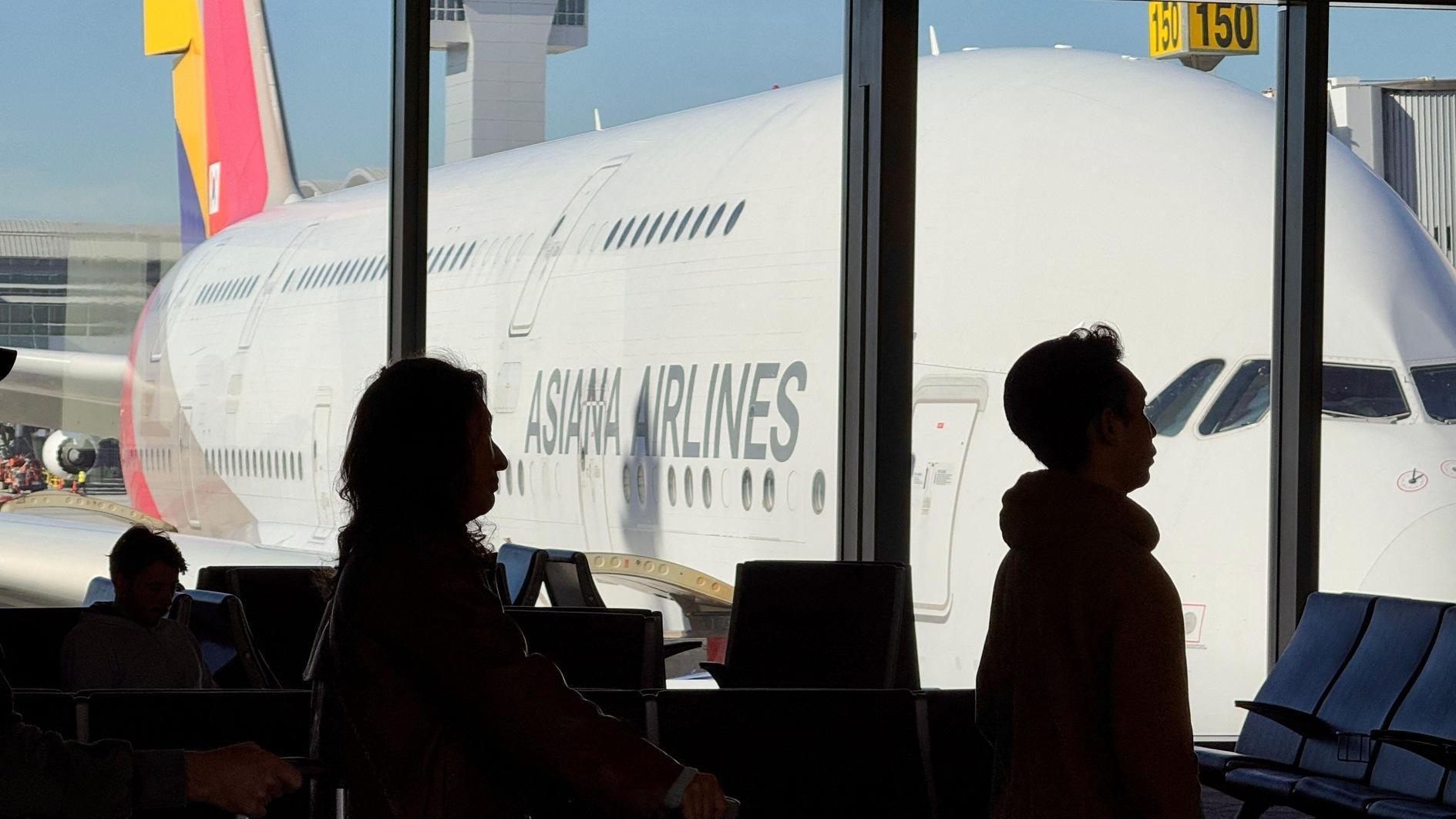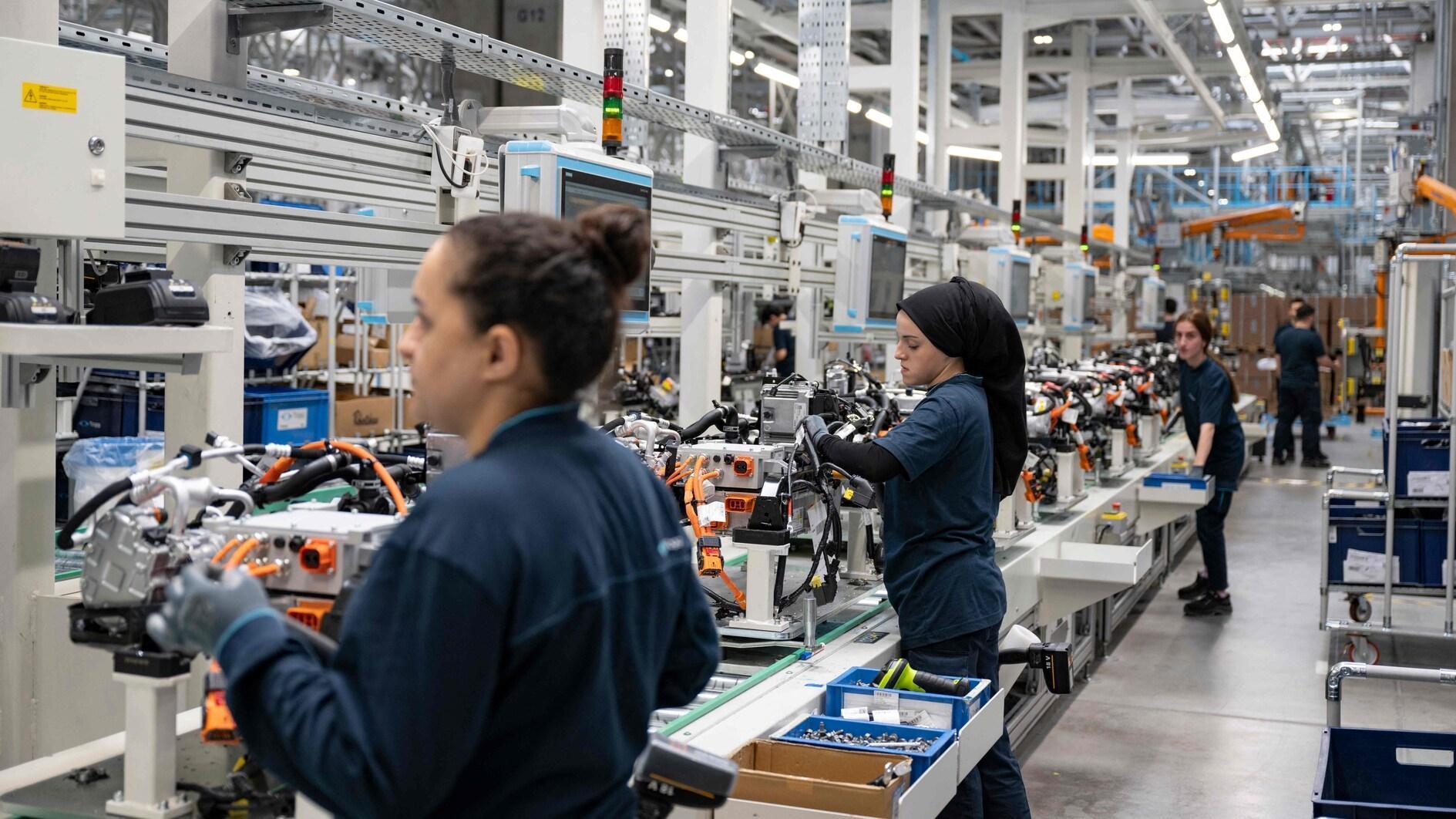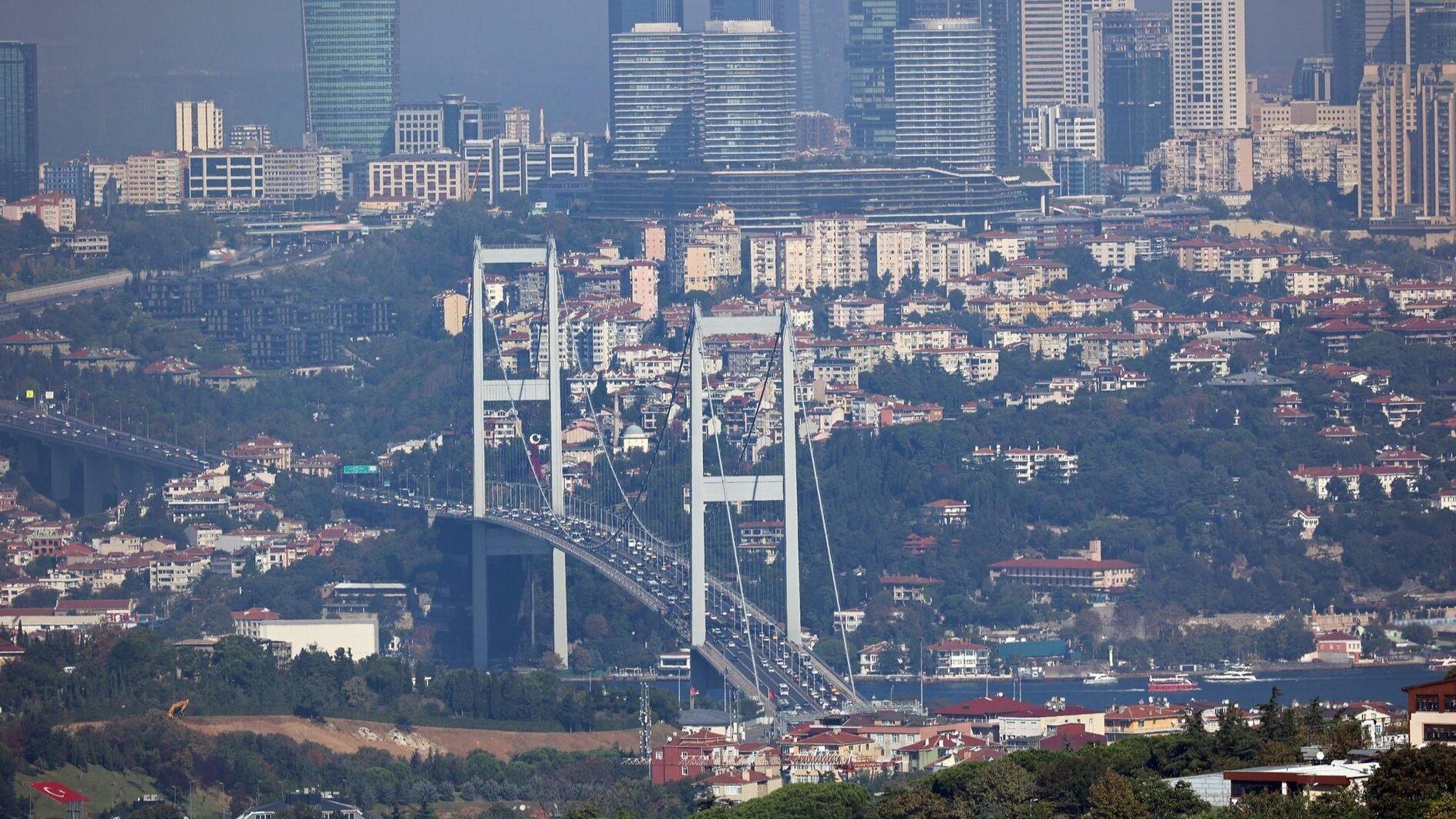Egypt’s new political opposition
As President Morsi, backed by his party and the Muslim Brotherhood, continues to tread the volatile path of political power in Egypt, many others are engaged in forming strong opposition in preparation for the next rounds of elections. All seem to be acquiring new strategies and learning to use newer tactics, the former to consolidate power, the latter to increase its competitive ability in the hope of acquiring a bigger share of power.
Political opposition groups in Egypt are aligning and reorganizing in order to gain more strength and a better competitive edge in future political elections. A mere week after the launch of Egypt’s newest party, “Al-Dostour,” literally meaning “the constitution,” preparations were underway for a major event on Friday evening announcing the birth of “The Popular Current” or “Al Tayar al Shaaby,” led by former presidential candidate Hamdeen Sabbahy, a movement to organize his five million-plus supporters. Meanwhile, four Nasserist parties have announced they will merge and the “Egyptian National Party” is said to be forming under the leadership of Ahmed Sahfik, another presidential candidate who lost by a very thin margin of votes to current President Morsi. There also seem to be a few other political alliances forming that have yet to be announced.
These are not the first attempts; there have been quite a few new parties, right left and center, which were organized quickly in the wake of the Egyptian revolution, in addition to a handful of old parties who were allowed to remain as controlled opposition through- out the rule of Mubarak and his National Democratic party. They all experienced the first rounds of free elections for the first Parliament, which has since been dissolved. One can only assume that the current changes are but a result of these experiences. One clear change is a more mature understanding of political compromise, adopting partnership modalities, and most of all realizing their strengths and weaknesses. The one deciding factor will always be the voters. All of the parties have now a chance to engage with the increasingly politicized population, but the ability to mobilize the electoral population will be instrumental.
If political organization is essential for a balanced political system in which power is not monopolized, for Egypt, alleviating people’s daily pressures and creating economic policies that will ensure rapid growth with a clear awareness of social justice is a bigger priority. So far all this political and ensuing economic activity seems very much in line with what is expected and familiar to most governing systems. The real difference for Egypt will become clearer when the dust settles and the older generations, those in power and those in opposition, play out their expected roles. For the future of this old country will depend entirely on what the up-and-coming young and ruthless, who carry none of the baggage of the past, are producing now on the ground. That is sure to surface in time, as the young become more seasoned politicians, and should provide the necessary shift in direction and pace.










